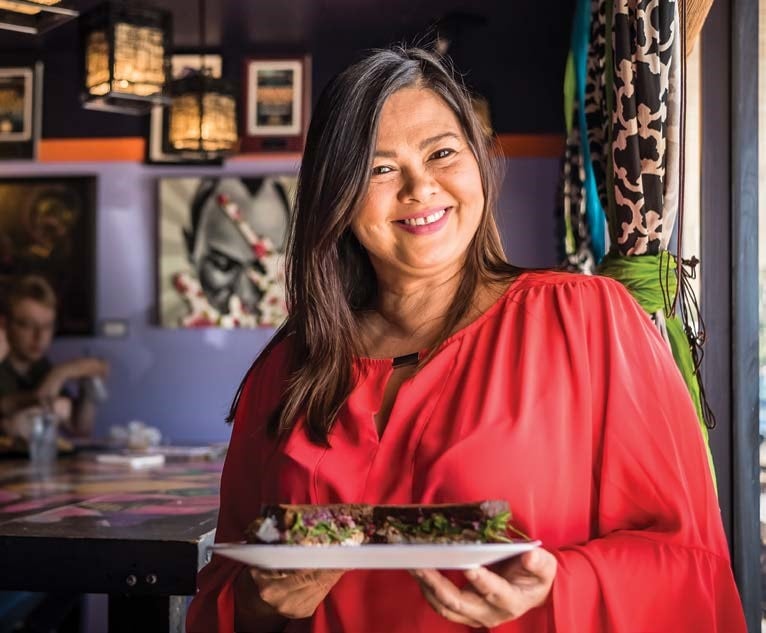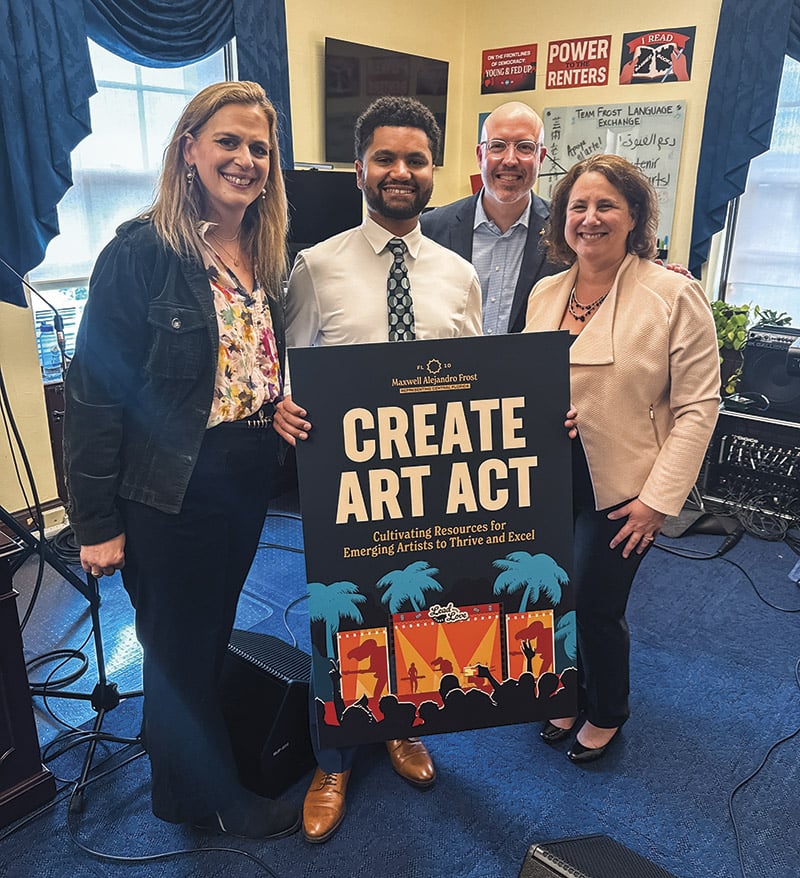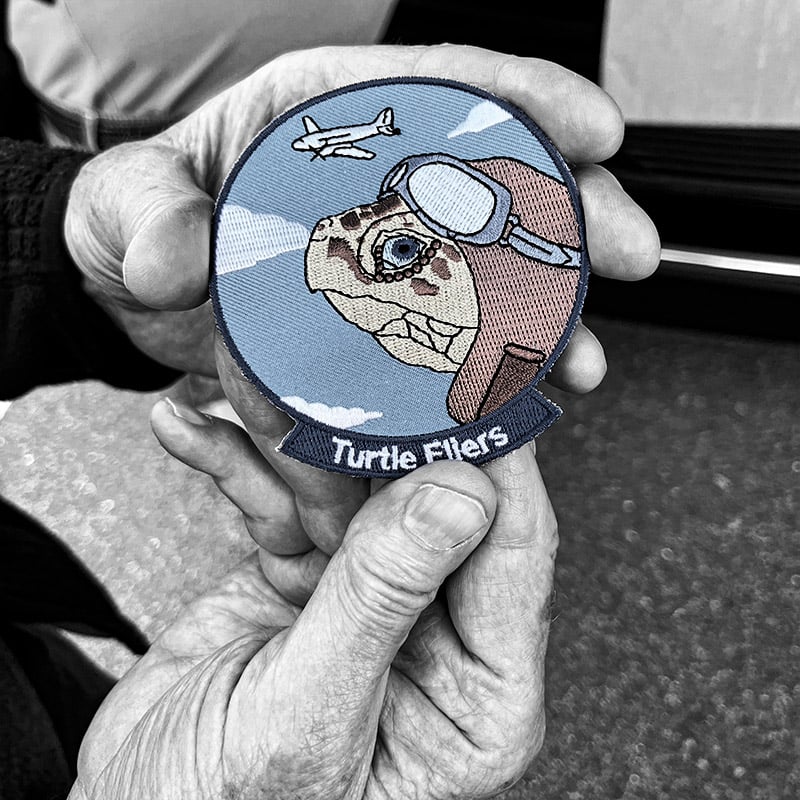Pulse Nightclub Memorial: The Latest on The City’s Plans
The latest on the city’s plans for a memorial to the victims.

Top and opposite page: A Pulse remembrance event on the first anniversary of the shooting, at the Pulse site. Photo by Roberto Gonzalez
Eight years after the mass shooting at the Pulse Nightclub, the city of Orlando has hired an expert in conflict resolution to help create a shared vision for a permanent on-site memorial.
The facilitator, Dr. Larry Schooler, whose Texas firm has handled other mass shootings, is seeking input from family members, survivors and other stakeholders, yet defined, for how best to honor the 49 individuals slain at the club on June 12, 2016.
“We understand there may be those who don’t want to engage in this process and we respect that,” Mayor Buddy Dyer said during a press conference earlier this year. “But I’m not running for reelection, as I’ve said before, so I hope to cut the ribbon for this memorial.”
Dyer’s term ends in 2028.
The memorial’s conceptual design, however, could be completed much sooner, if all goes as planned—perhaps by the end of the year. Schooler promised to work at “the speed of trust” with those in the community hoping to have their voices heard and later represented on an advisory committee, now being formed. Ultimately, the committee will guide each stage of the memorial effort, as it evolves.
“We’ll start off with broader public conversations and then narrow them down to smaller groups,” Schooler said, adding that he and his team will strive to “walk alongside the community… to help find a path forward.”
The city of Orlando bought the Pulse site last year for $2 million with the intent of building a memorial there.
Ever since acquisition of the Pulse property, The Center Orlando has worked closely with city officials to move the memorial project forward, said George Wallace, the organization’s chief executive officer. The Center provides advocacy, education and support to LGBT+ individuals and holds a unique position, he said, “in that we are still actively working with survivors and family members through our case management and mental health programs.”
As to the creation of a new Pulse museum, Wallace expressed little disappointment. “Myself, personally, I never favored a museum, or at least one that was as grandiose, as originally planned,” he said. “I think the priority should be a respectful memorial,” an opinion likely shared by many, though only time will tell.
Victims’ families and survivors can visit pulseorlando.org/interestform to indicate their interest in providing input throughout the engagement process.
In the meantime, families and survivors can visit an online digital tribute to their loved ones through a site provided by the Orange County Regional History Center. The site depicts a series of small artistic tiles of every victim, as well as thousands of letters and other memorabilia, collected over the years.
Located at 65 East Central Blvd. in downtown Orlando, the Smithsonian-affiliated history center has four floors of exhibits exploring more than 12,000 years of Central Florida’s rich heritage. It is open Mon.-Sat. from 10 a.m. to 5 p.m. and Sun. from noon to 5 p.m. On the third Thursday of each month admission is free from 5 p.m. to 8 p.m.
Also, this month, as has happened every June 12th since the Pulse tragedy occurred, Orlando will hold “Orlando United Day—A Day of Love and Kindness.”
The 2024 family-and-survivor-focused ceremony will be held at the Dr. Phillips Center for the Performing Arts, beginning at 6 p.m. The event is free, but tickets are required.



